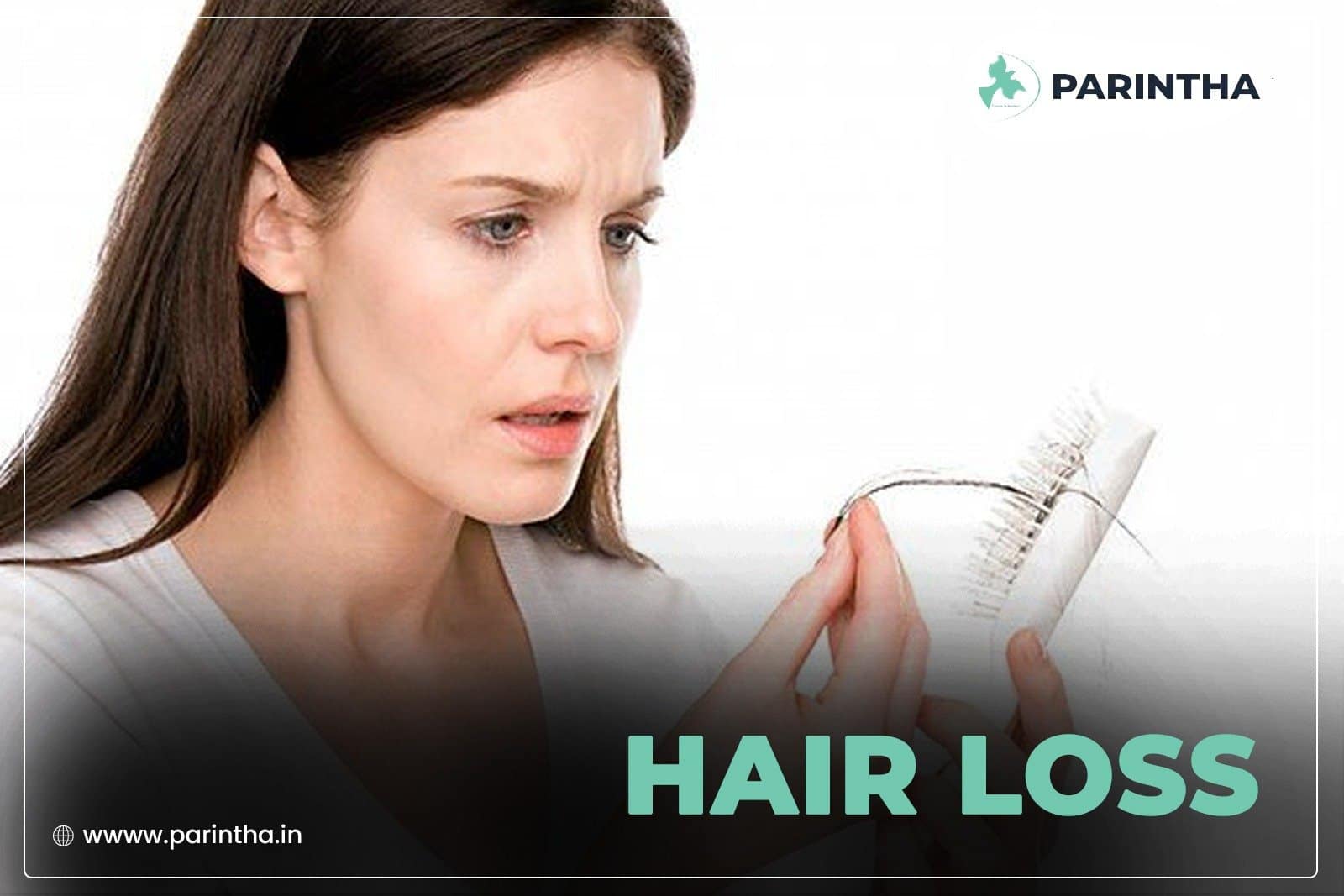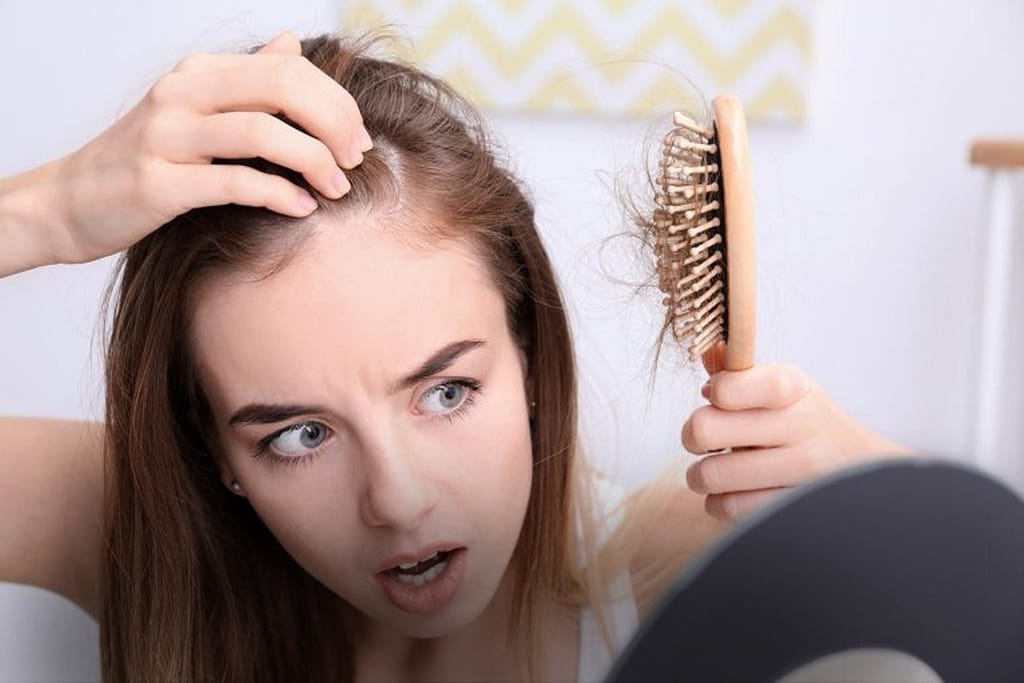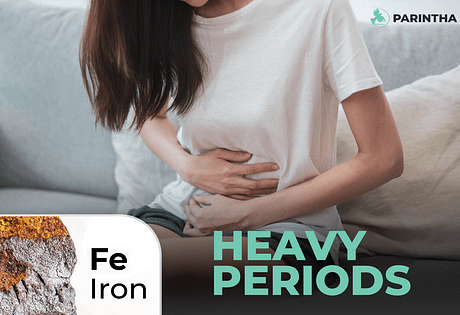
Iron deficiency is the most common nutritional deficiency worldwide, affecting numerous physiological processes including hair health. Studies have shown a strong relationship between iron deficiency and various forms of hair fall, particularly non-scarring alopecia such as telogen effluvium and female pattern hair loss (FPHL).
According to stats 15% of premenopausal women and 18% of pregnant women in the USA have iron deficiency.
Risk factors include inadequate dietary iron intake, poor iron absorption, increased iron requirements (e.g., during pregnancy), and blood loss.
Hair loss affects over 25% of women in developed countries. By age 50, around 50% of women in the US experience hair loss, and 25-30% of non-menopausal women in Europe are affected.
Key Findings on Iron Deficiency and Hair Loss
Key findings reveal that iron deficiency is significantly linked to hair loss:
-
Prevalence and Importance of Iron in Hair Health:
- Iron deficiency can be a significant factor in developing or worsening FPHL, especially in premenopausal women.
- Studies have shown that iron deficiency is the most prevalent cause of female hair loss, accounting for up to 70% of cases.
-
Serum Ferritin as a Marker:
- Serum ferritin is a critical indicator of body iron status and is used as an early marker for iron deficiency.
- Low serum ferritin levels (≤30 ng/mL) are strongly associated with telogen hair loss in women without systemic inflammation or other underlying disorders.
- In women presenting with diffuse hair loss, serum ferritin is a clinically useful tool to rule out iron deficiency as a cause of alopecia.
-
Studies:
- A study in 2013 highlighted the vital role of iron deficiency in inducing early-stage FPHL or androgenic alopecia.
- Low iron levels in women without underlying medical conditions were linked to diffuse telogen hair loss.
- A meta-analysis of 36 studies with over 10,000 participants found that women with non-scarring alopecia had lower ferritin values and could benefit from higher ferritin levels.
-
Recommendations:
- Screening both male and female patients with hair loss for iron deficiency, with or without anemia, to enhance hair loss treatment.
- For detection of Iron deficiency, serum ferritin level is used due to its sensitivity and specificity in reflecting total body iron stores.
Mechanisms and Effects

Iron deficiency affects hair growth and can affect mental health:
Iron in Hair Follicle Cells:
- Hair follicle matrix cells are rapidly dividing and highly sensitive to iron availability. Even minor decrease in iron can lead to hair loss.
- Prolonged iron deficiency can result in conditions like alopecia, fatigue, and dizziness.
Impact on Physical and Mental Health:
- Iron deficiency is associated with physical fatigue, mental fatigue, and decreased quality of life.
- In menstruating women, symptoms like recent hair loss and restless legs syndrome are significantly more reported with low serum ferritin levels.
Types of Hair Loss and Iron Deficiency
Iron deficiency can contribute to various types of hair loss:
1. Telogen Effluvium:
- Characterized by excessive shedding of hair.
- Strongly linked to low serum ferritin levels.
2. Female Pattern Hair Loss (FPHL):
- Associated with iron deficiency, especially in premenopausal women.
- Studies show a significant relationship between low iron levels and the development or worsening of FPHL.
How to Prevent Iron Deficiency
To prevent it, incorporate iron-rich foods such as lean meats, beans, and leafy greens into your diet. Pair these with vitamin C-rich foods to enhance iron absorption. Avoid excessive consumption of calcium and caffeine, which can hinder iron uptake. Regular blood tests and supplements, if necessary, can also help maintain optimal iron levels. Consult with a healthcare provider for personalized advice.
Conclusion
Iron deficiency is a crucial factor in hair health, significantly affecting non-scarring hair loss in women. Screening for and treating iron deficiency with dietary adjustments and supplementation is vital for managing hair loss. Serum ferritin levels serve as an important diagnostic tool for identifying iron deficiency in patients with hair fall. Addressing iron deficiency can improve hair health and overall quality of life for the affected individuals.
J Am Acad Dermatol, 2006; 54(5): 824.
J Korean Med Sc, 2013; 28(6): 934.
Acta Dermatovenerol Croat, 2009;17(4): 279.
Cutis, 2023; 112(2): 62.
Eur J Clin Nutr, 2022; 76(6): 835.
Tzu Chi Med J, 2023; 35(4): 322.
Eur J Dermatol, 2007; 17(6): 507.
Skin Appendage Disord, 2022; 8(2): 83.
IP Indian J Clin Exp Dermatol, 2019; 5(1): 80.



